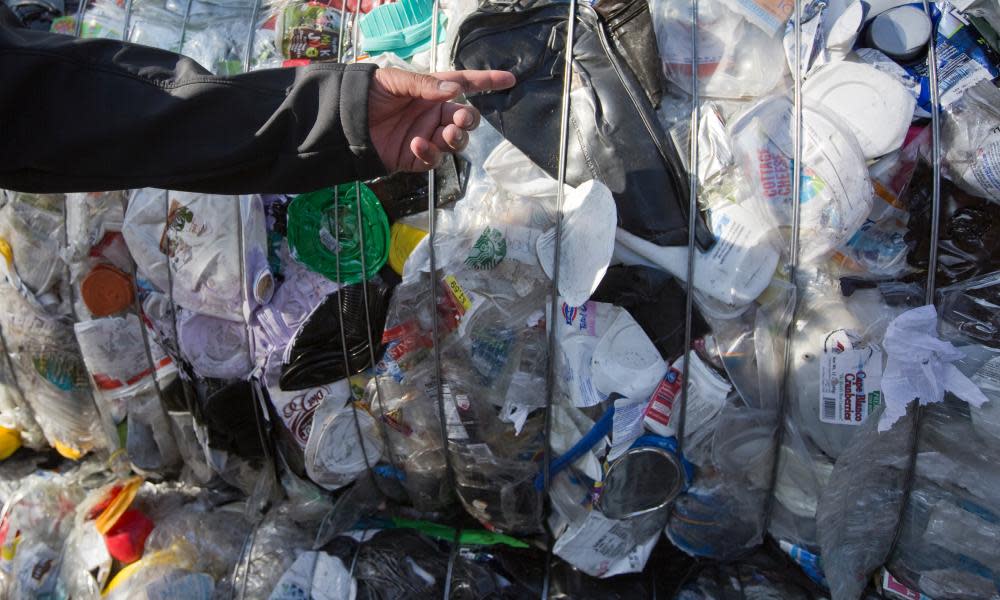China waste clampdown could create UK cardboard recycling chaos, say industry experts

Imminent restrictions by the Chinese on importing cardboard from the rest of the world are likely to cause chaos in the UK in the coming weeks, according to a leading recycling expert.
From 1 January, China will impose much stricter quality restrictions on imported cardboard as well as banning the importation of all plastic waste and mixed paper rubbish from all over the world. The move is part of president Xi Jinping’s drive to create a “beautiful China” with a clean environment.
The new quality standards mean cardboard will only be accepted by the Chinese if the material is uncontaminated with other waste products. From January, contamination rates must be below 0.5%, rather than the 1.5% previously applied.
This means cardboard which still contains staples or is contaminated with grit from the warehouse, or contains stray waste products such as tin cans or traces of plastic, could be rejected and sent back on container ships to the UK and other countries of origin.
The UK exports around 3m tonnes of cardboard waste to China each year but some or all of this could be rejected under the new restrictions.
Simon Ellin, of the Recycling Association, says the tighter controls on contamination could mean some or all of the millions of tonnes of cardboard waste exported from the UK to China each year could be rejected and sent back. He appealed for the Chinese to delay implementation of the new standards until other countries were ready.
He spoke as the World Trade Organization ended talks with China over the impending ban with no change to the Chinese position. Ellin said, after discussion with recycling representatives in the US and Europe, it was clear no one was prepared for the new standards. Chinese officials were also unclear about what the new quality standards mean and what waste they could accept, he said.
“The ban and greater restrictions on imports is being implemented too quickly,” said Ellin.
“As much as we in the UK, US and elsewhere do not have enough time to adapt, this is also the case with the Chinese agencies at the other end. This suggests there could be chaos.”
The concern comes on top of huge worries over what will happen to the tens of thousands of tonnes of plastic and paper waste which will be banned from import.
For years China has been the world’s largest importer of recyclable materials, which it uses in its manufacturing industry. In 2016, China imported 7.3m tonnes of waste plastics from developed countries including the UK, the US and Japan.
But Xi’s drive for sustainable development and a cleaner China mean from January, in a campaign against yang laji or “foreign garbage”, plastic waste and mixed paper waste will no longer be accepted.
Ellin said the recycling industry would have to take urgent steps to keep the cardboard as clean as possible, take several pictures of the waste before sending it and be prepared for it all to be sent back.
“We support President Xi’s aim to create a beautiful China by 2035, we welcome it, but we we need more time. We will meet the new standards but we need more time.
“Until we get to the bottom of some of the areas of uncertainty, we are reminding … the recycling sector of the need to keep material exceptionally clean, take more photos than were required previously and be prepared that even this material can be rejected.”
Analysis of customs data by Greenpeace reveals British companies have shipped more than 2.7m tonnes of plastic waste alone to China and Hong Kong since 2012 – two-thirds of the UK’s total waste plastic exports.
Some experts predict the plastic ban will mean British recyclers have to find storage next year for 350,000 tonnes of plastic which needs to be recycled.

 Yahoo News
Yahoo News 
